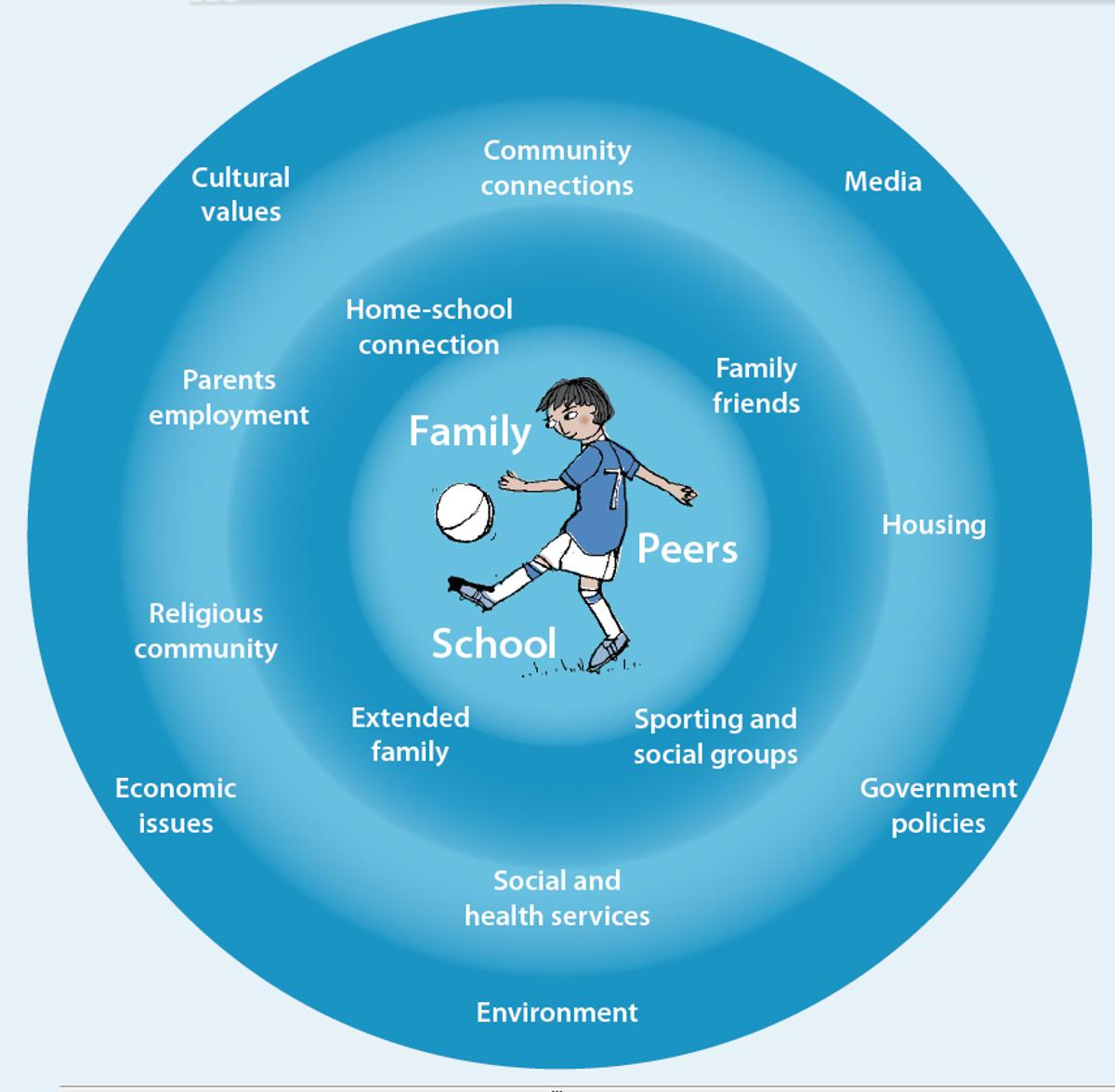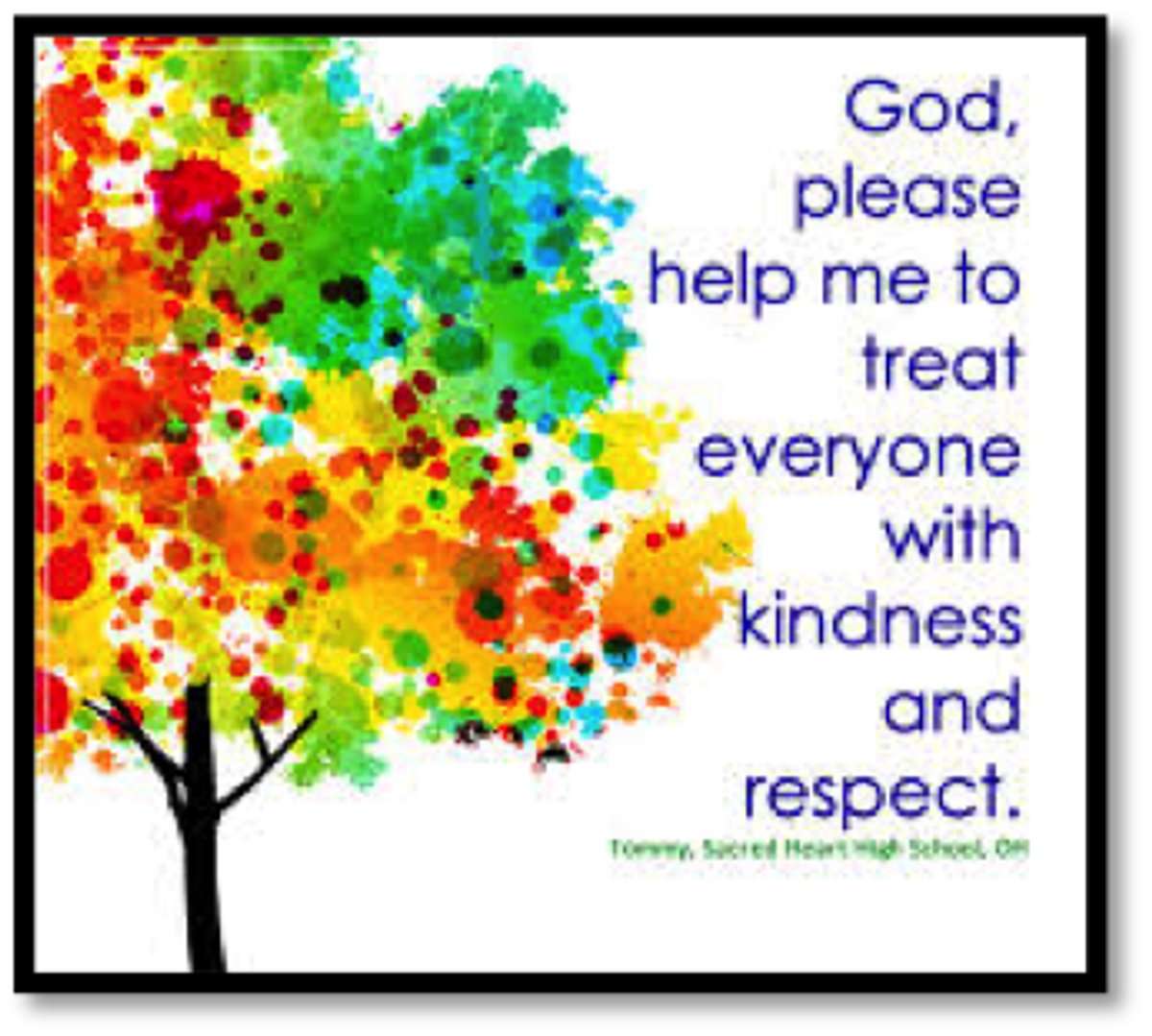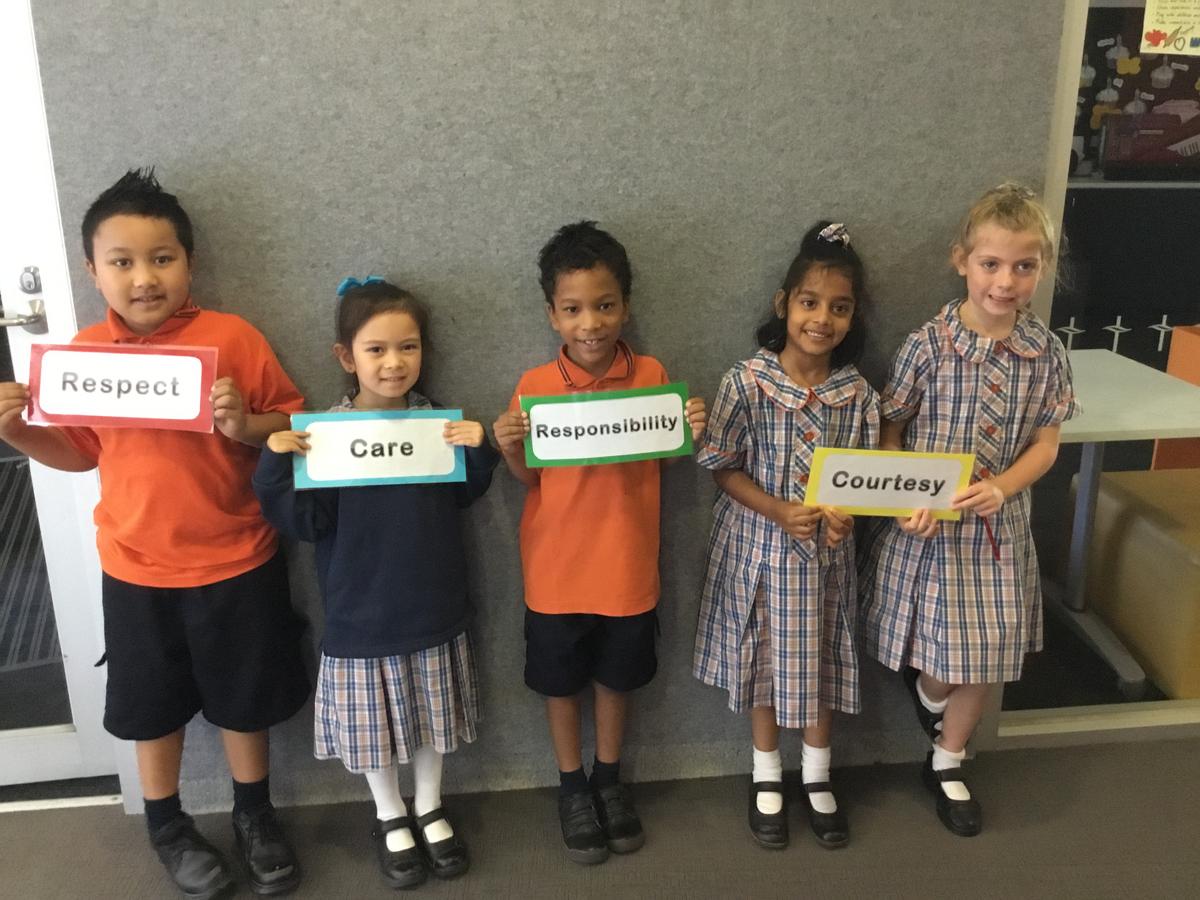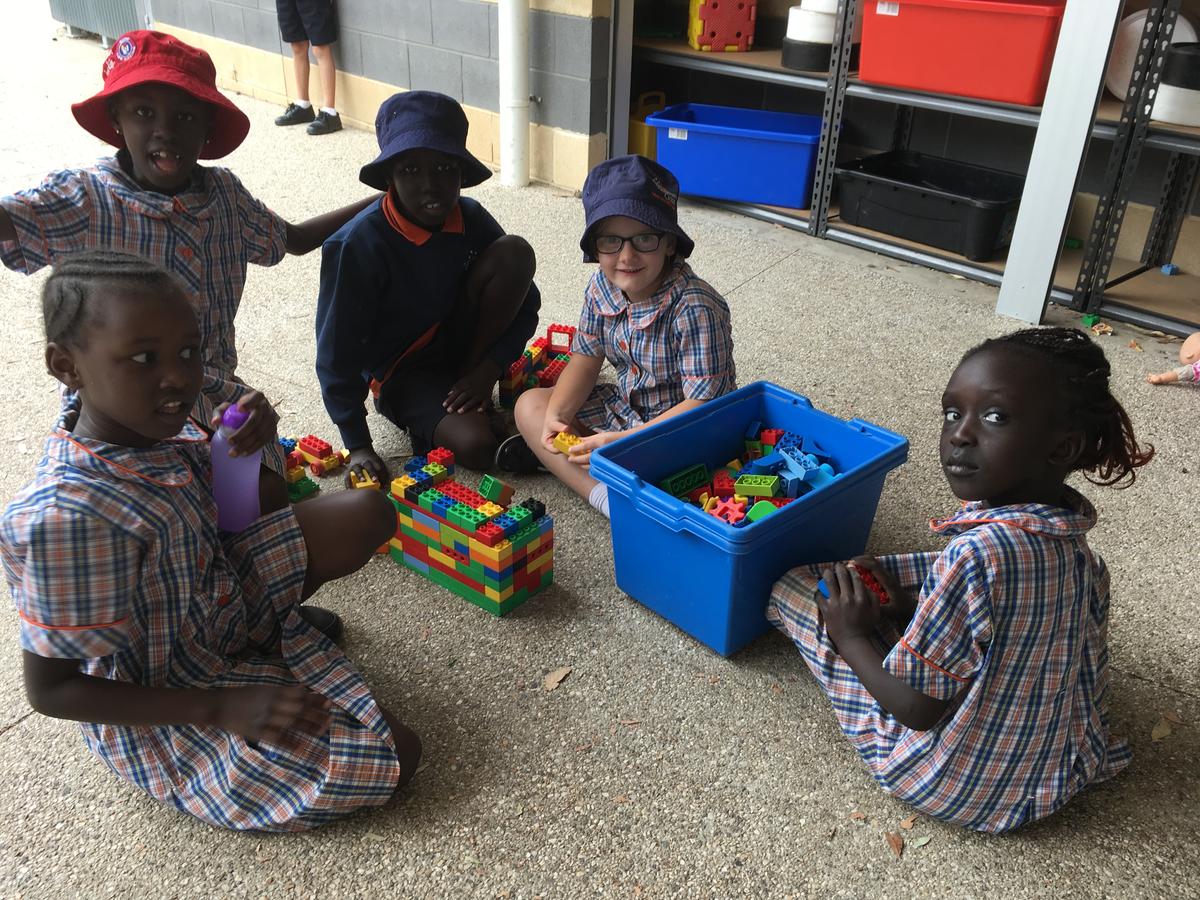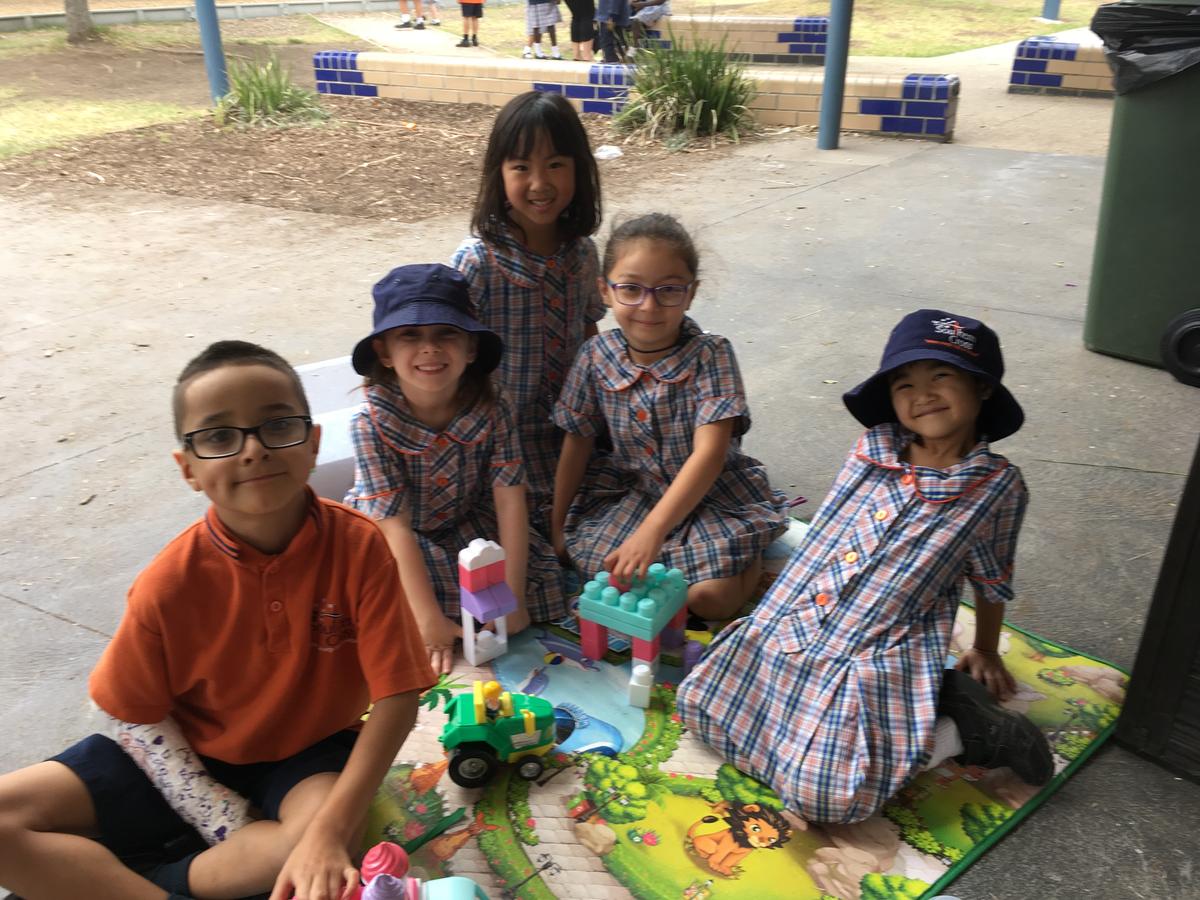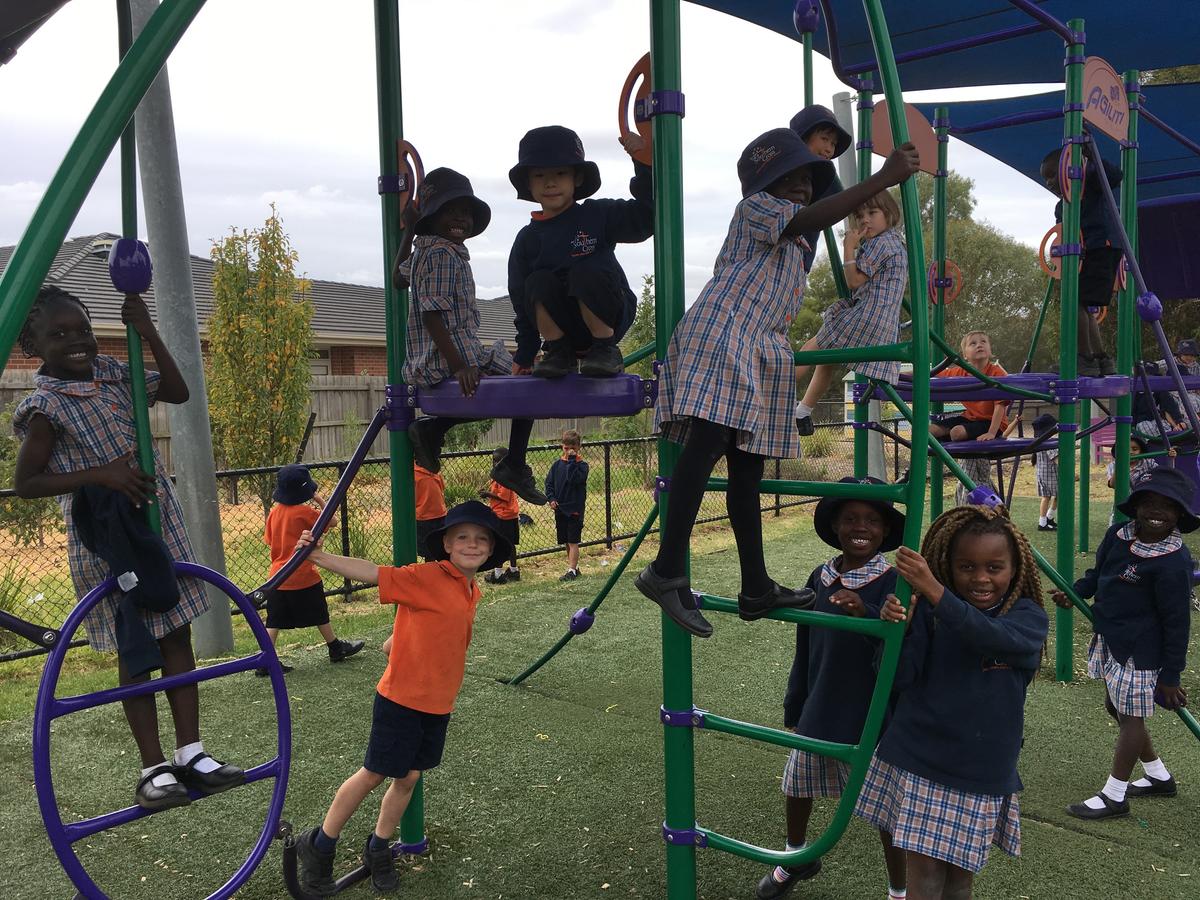Social Learning & Well Being
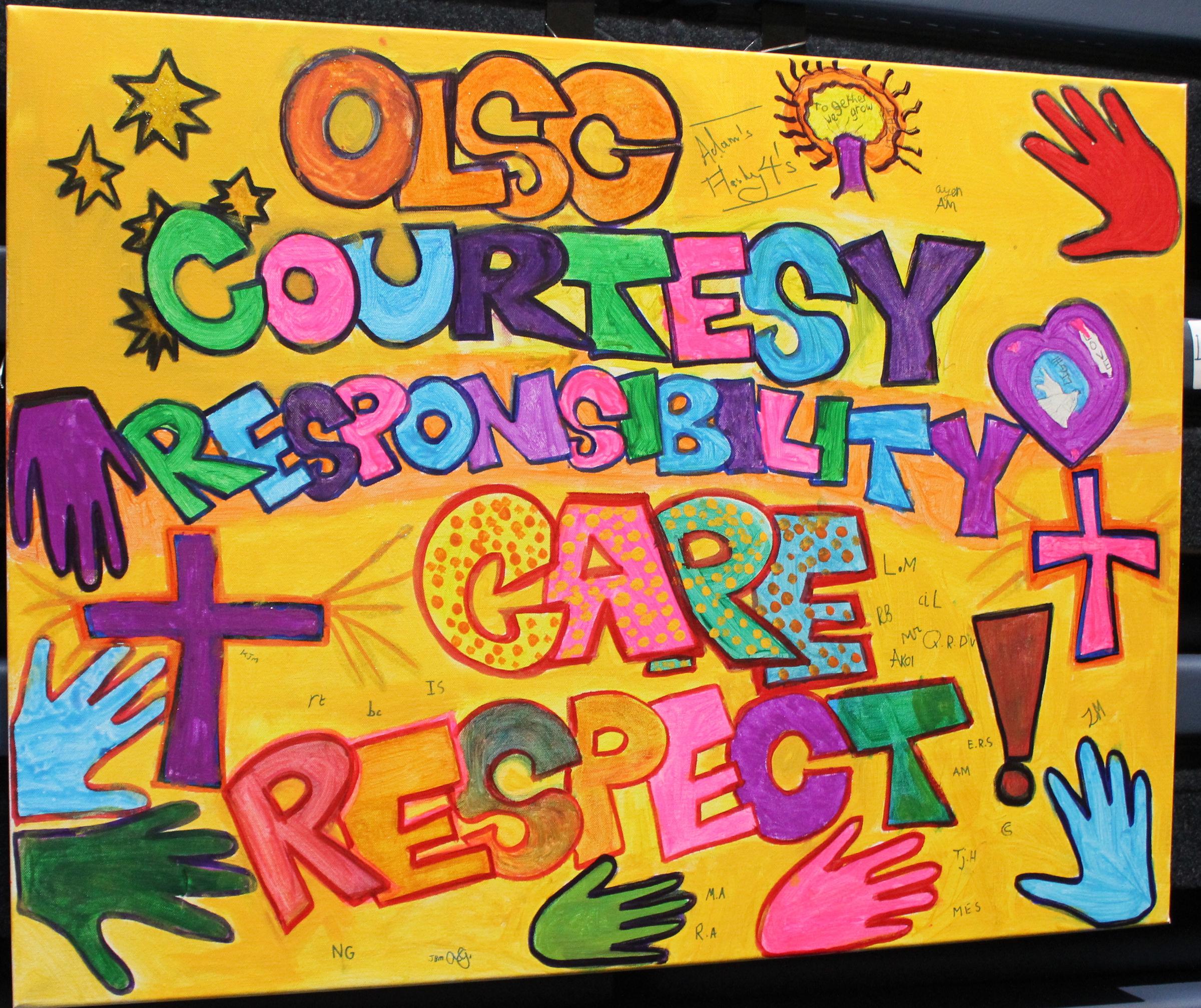
GETTING ALONG WITH OTHERS
Social development involves learning the values, knowledge and skills that enable children to relate to others effectively and to contribute in positive ways to family, school and the community. This kind of learning is passed on to children directly by those who care for and teach them, as well as indirectly through social relationships within the family or with friends, and through children’s participation in the culture around them. Through their relationships with others and their growing awareness of social values and expectations, children build a sense of who they are and of the social roles available to them. As children develop socially, they both respond to the influences around them and play an active part in shaping their relationships.
Influences on children’s social development
While parents and carers are clearly the first and most important influences on children’s social development, there are many other influential aspects of the social environment. Examples of the many influences on children’s development are shown in the diagram below.
The people and settings that are most closely involved with the child – family, school and peers – are shown at the centre of the diagram. Through their daily contact with parents, carers, family members, school staff, as well as with their peers, children learn about the social world and about the rules, practices and values that support it. By actively participating in these relationships, children also affect the ways that adults and their peers relate to them.
In addition, children’s development is influenced by wider networks of social support (represented in the diagram’s central circles), including extended family, friends and any community, cultural or religious groups a child may be part of. These networks provide opportunities for children to develop their social awareness and skills as they relate with different people and experience a range of roles and expectations.
As shown in the outer circle in the diagram, children’s lives are also shaped by the broader social circumstances that impact on their families and communities, such as access to social and health services, parents’ employment and income, or their ability to balance work and family time. In particular, children’s sense of social connection is often influenced by community attitudes and by cultural values, including those they encounter in the media.
Through their relationships and connections with others, children build a sense of who they are and where they fi t in the social world. Coming to an understanding about self and others is therefore a central goal of children’s social development.
Learning social values
Children’s ability to understand others and take their needs and views into account develops over time. Young children are naturally self-focussed. They often play beside, rather than with, other children and tend to think that everyone sees things the same way that they do. In early primary school children learn that others may see things differently from them. Then, as their thinking skills develop, children are more able to understand another person’s point of view and, fi nally, to appreciate multiple ways of looking at the same event or situation.
Teaching children how to put themselves in someone else’s shoes helps them to relate better to others and manage conflict more effectively. It promotes caring, respect and fairness. Research shows that children who have learned to value others are more likely to include and appreciate children who are different from them or who are viewed negatively by others.
Research into moral development has highlighted how social behaviour reflects the attitudes people hold about social conventions and about themselves. Learning to take account of others’ feelings, perspectives and expectations contributes to children’s understanding of social values, and to the values and ethics they choose for themselves. Using an example where children have broken the window of a neighbour’s car playing a game, the following table shows how children use different moral reasoning to decide what to do and say.
Key points for supporting children’s social development
Children’s earliest and most extensive learning about social relationships occurs in the family. Parents and carers can support positive social development when they model respect and consideration and encourage children to be similarly respectful in all their relationships.
- Provide care and support by tuning into children’s needs. Show you are willing to listen and take children’s feelings into consideration.
- Help children to develop social skills by providing coaching and teaching them to think through and solve the day-to-day social difficulties they encounter. Supervise and support children’s social activities without taking over.
- Ask questions that encourage children to put themselves in someone else’s shoes. Questions like “How would you feel if …?” help children learn skills for perspective-taking. Asking questions in a supportive way helps children to think through situations and encourages them to take others’ feelings and perspectives into account.
- Discuss moral issues with children and encourage them to state their opinions and reasons.
Social development in young children
Friendships and relationships with other children become more important to children as they grow and begin to learn about getting along with others. Children who learn positive friendship skills have been shown to develop better relationships with others, which benefits their mental health and wellbeing. This does not mean children will always want to play with others; many children like some time to do their own thing, but everyone needs a friend and the skills to be able to relate to others when they want to or need to.
‘The single best childhood predictor of adult adaptation is not IQ, not school grades and not classroom behaviour but rather the adequacy with which the child gets along with other children ...’ Hartup, W. (1992). Having friends, making friends, and keeping friends: Relationships as educational contexts.
Social development in older children
Children’s understandings of responsibility are influenced by their families, by school staff, by community members, by other children and also by the things children see and hear in the media. Young children especially watch and copy the attitudes and behaviour of those closest to them.
As children grow older, they become more aware of peer group values and of the behaviours of role models such as sporting heroes or media personalities. They learn to think through and discuss the values they observe, as well asthink about whether decisions that are made are fair or whether someone is being ‘mean’ to them or to others.
When adults are fair, caring and respectful, children feel a greater sense of trust and belonging. Children are more likely to cooperate with adult guidance when they feel valued and respected. By contrast, when children feel they have been treated unfairly they are less likely to listen and more likely to try to avoid or resist discipline.
(https://www.kidsmatter.edu.au/families)

